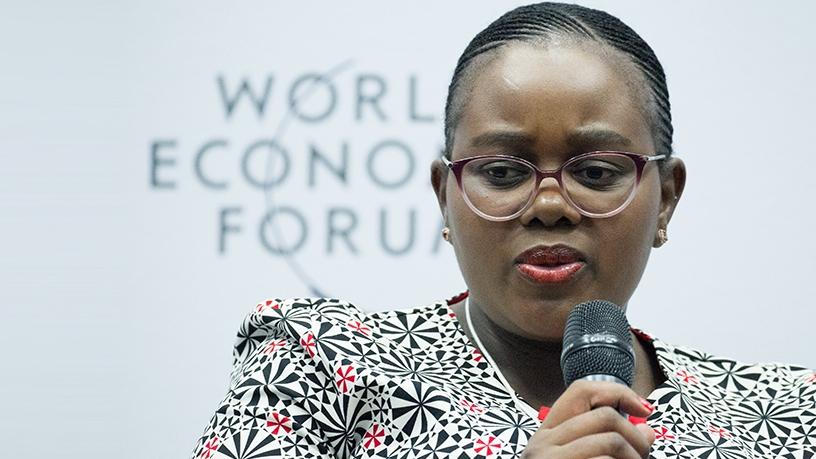
The budget for the Department of Science and Technology (DST) has been increased to R7.8 billion for the 2018/2019 financial year, a moderate upsurge from last year's R7.5 billion.
Presenting the DST's budget vote in Parliament today, minister Mmamoloko Kubayi-Ngubane said the allocation will be used to address transformation through key research, development and support initiatives.
Kubayi-Ngubane added that her department plans to invest millions in programmes that will not only boost the number of knowledge workers in SA, but also stimulate economic growth, energy security and promote the country as a research and development destination.
"The 2018/2019 budget is being presented as the department finalises a new white paper on science, technology and innovation, while the National Advisory Council on Innovation works on a framework for a new decadal plan. The premise of the new white paper is that science, technology and innovation are central to inclusive and sustainable development for shaping a different South Africa.
"More importantly, the white paper recognises that inclusivity is central to the national system of innovation, both in terms of promoting social justice and of fostering a system in which creativity and learning can flourish."
She also detailed how the budget will be divided between the department's main programmes: research development and support (R4.4 billion); socio-economic innovation partnerships (R1.8 billion); technology innovation (R1.1 billion); and international co-operation and resources (R141 million).
According to the minister, under the research development and support programme, the DST aims to award 9 300 bursaries to PhD students and 32 400 bursaries to pipeline postgraduate students.
The budget allocation for the technology innovation programme is to enable, among other things, research, development and innovation in space science and technology, energy security, the bio-economy and indigenous knowledge systems, as well as to promote the protection and utilisation of intellectual property and technology transfer, she explained.
In addition, the allocation of R141 million for the international co-operation and resources programme, according to the minister, is to increase the flow of international resources into the country, as well as the exposure of South African researchers and students to global knowledge and science, technology and innovation networks.
Commenting on the DST's flagship initiative, the Square Kilometre Array (SKA), Kubayi-Ngubane said progress is being made and the project is on track. While the minister wouldn't share details on some of the advancements that have been made by the department, she indicated that major announcements in regards to SKA will be made in July.
The science and technology ministry allocated R709 million for SKA this year, she noted. "The department's support for phase one of the global SKA radio astronomy project will continue over the next three years, with an amount of R2.2 billion set aside over the medium-term expenditure framework period. All 42 farm portions required for SKA phase one have been secured."
The SKA, whose core will be located in the Northern Cape, will be the largest radio telescope in the world.
Several state-owned entities under the DST were also allocated their budgets accordingly:
- The National Research Foundation receives R904.8 million.
- R963.2 million has been set aside for the Council for Scientific and Industrial Research.
- The Human Sciences Research Council is allocated R303.7 million.
- The Academy of Science of South Africa receives R25.7 million.
- R138 million will go to the South African National Space Agency.
- The South African Council for Natural Scientific Professions receives an allocation of R4.5 million.
Share